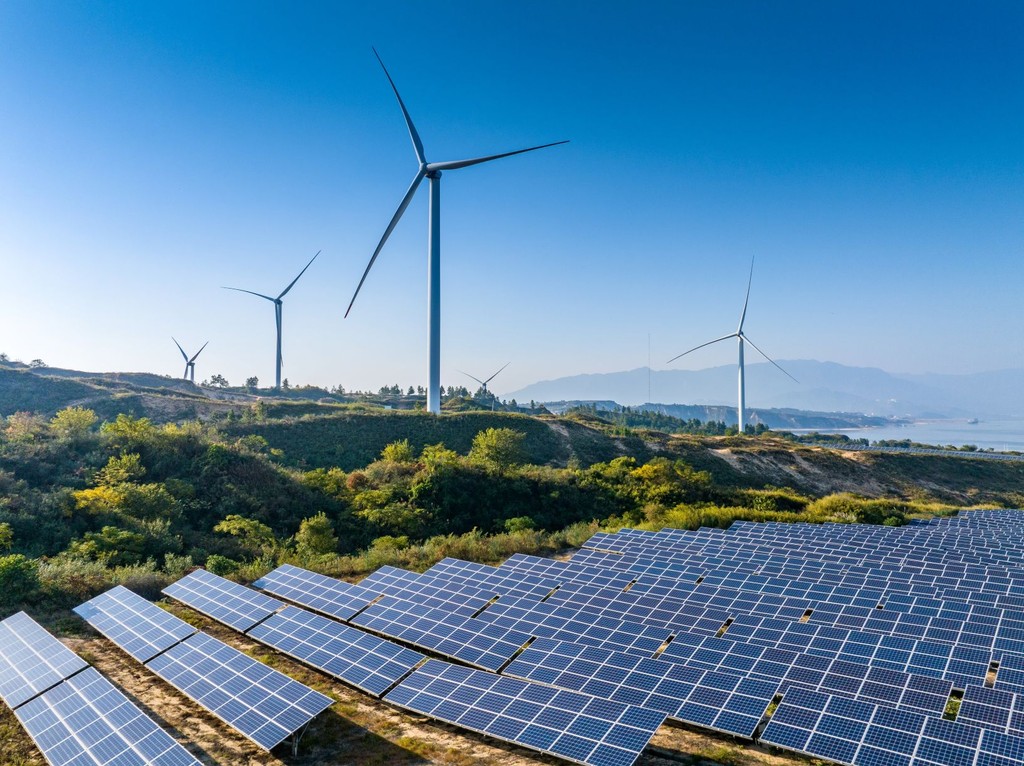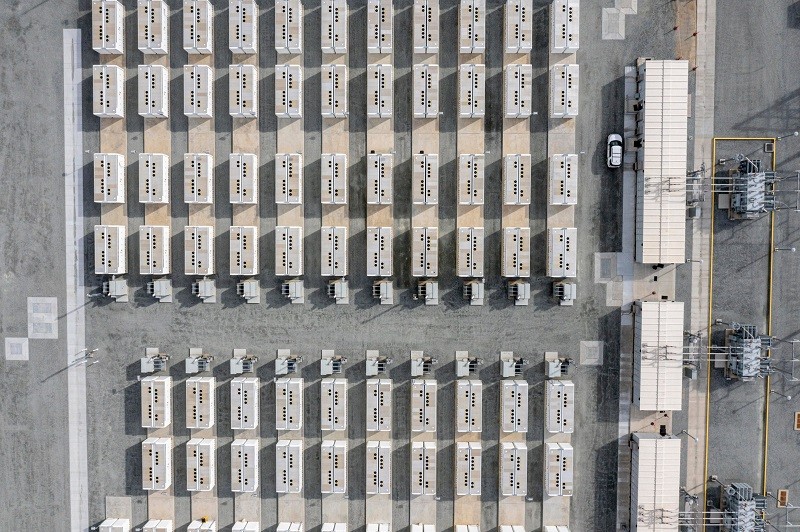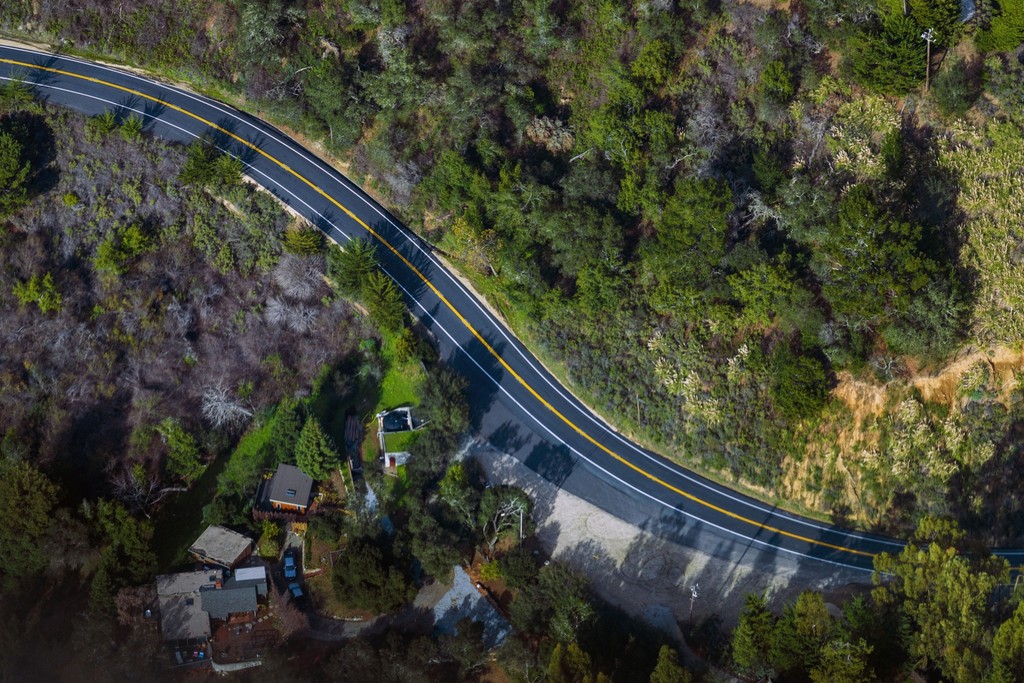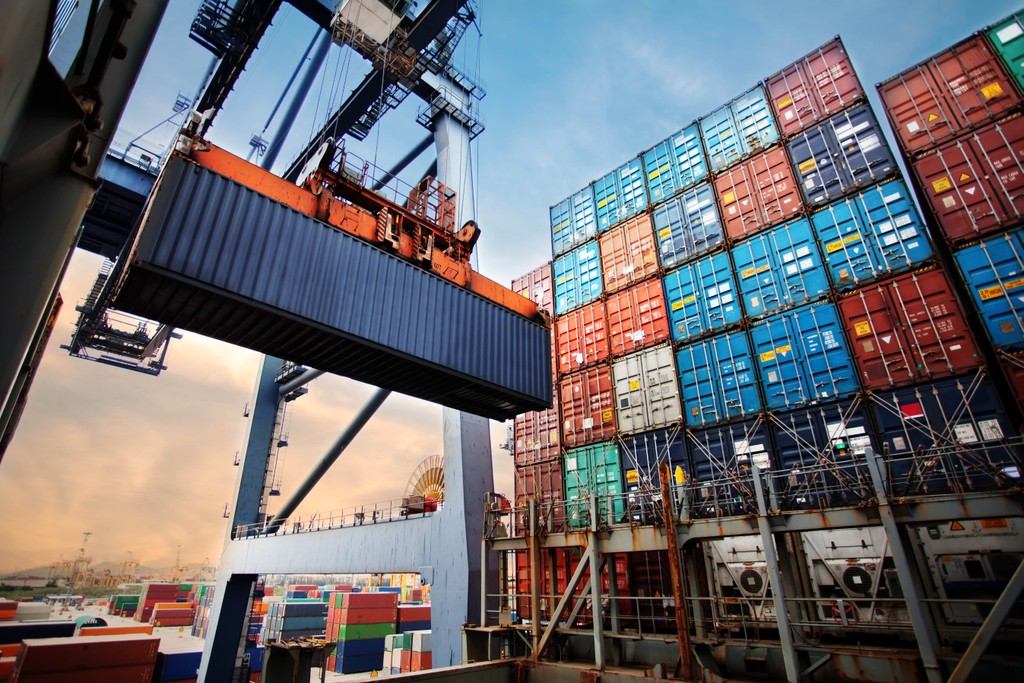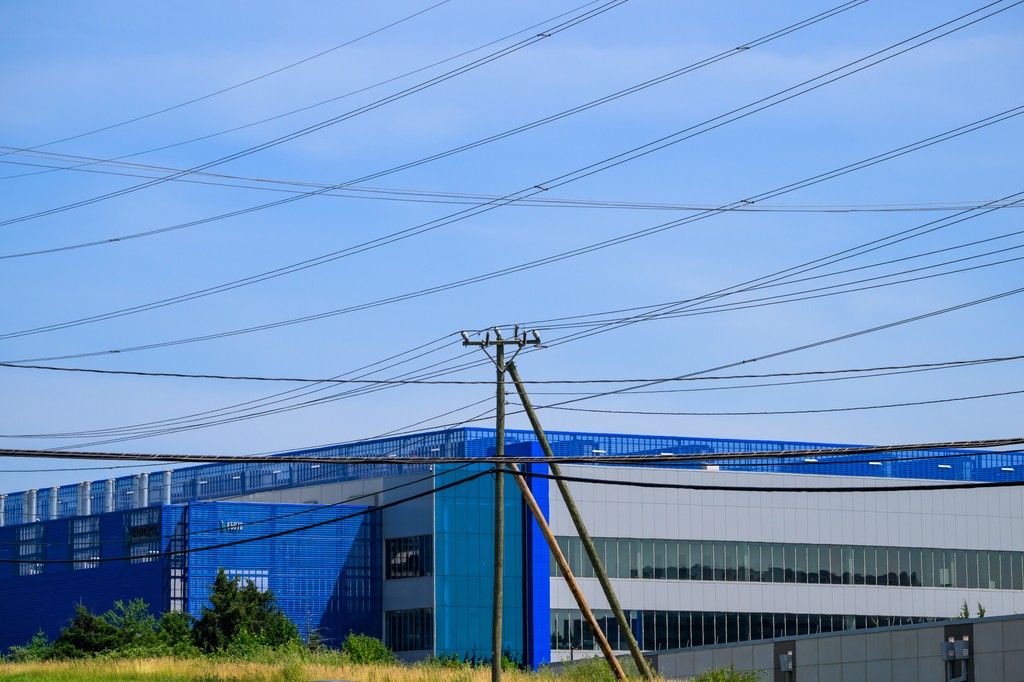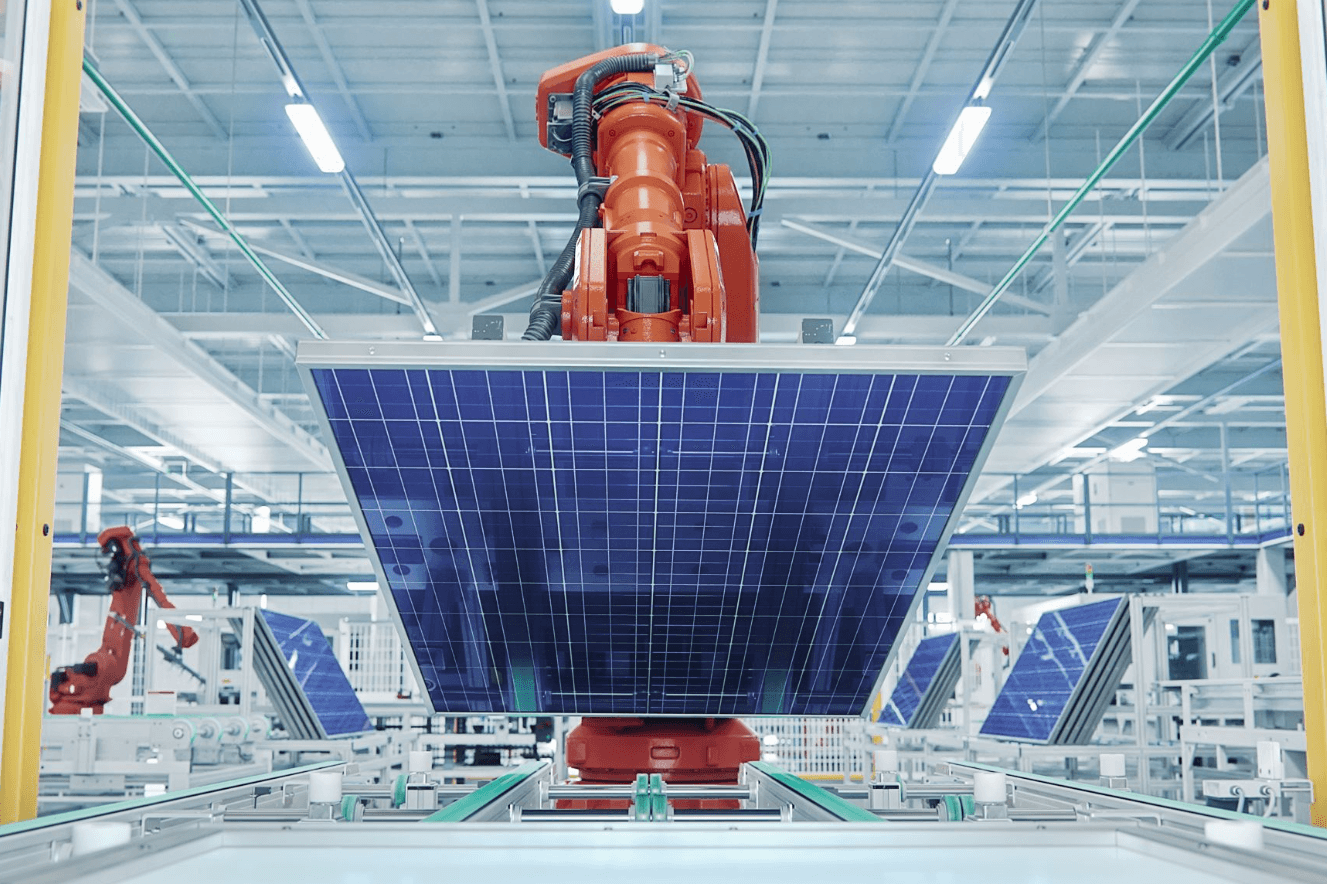
As geopolitics, trade tensions and extreme weather events spark uncertainty around the world, the energy transition continues to present economic opportunities for investors, governments and individuals alike.
As one of the world’s largest economies and a regional leader, Indonesia could help shape the global climate agenda – while also showcasing the progress it is making on its own decarbonization pathway.
BloombergNEF’s Indonesia Transition Factbook aims to support policy, business and investment professionals by making available key data about the country’s energy transition, as well as the trends, challenges and opportunities that are shaping it.
Indonesia’s net-zero transformation presents a $3.8 trillion opportunity through 2050.
The country still relies heavily on fossil fuels for power generation, but it is also starting to accelerate its clean power deployment on the back of a new, renewables-rich power development plan and rapidly expanding solar and battery supply chains. Indonesia is already the world’s second-largest producer of geothermal power and is aiming for the top spot.
In the transport sector, electric vehicles are quickly gaining traction on Indonesian roads. EVs reached a 14% share of passenger vehicle sales from January to August 2025, and many foreign automakers are setting up EV production facilities in the country. Meanwhile, state-owned airlines have started commercial flights with sustainable aviation fuel made by the national oil and gas company, Pertamina.
Indonesia is one of the world’s top sources of energy transition metals, such as nickel, cobalt, bauxite and copper. In the coming years and decades, Indonesia’s supply of these materials will be essential if the world is to meet its climate goals. On the sustainable finance front, the volume of sustainable and sustainability-linked debt issued in Indonesia grew 12-fold to $6.3 billion in 2024 from $0.5 billion in 2015, indicating an increasingly lively market.
With one of the most diverse and valuable ecosystems in the world, Indonesia can also lead the way in sustaining biodiversity. The archipelago’s vast potential for providing nature-based solutions puts it at the heart of the growing global trade of carbon credits, a financial instrument that could be key to saving these diverse ecosystems.
Download full report
The report will be sent to your email after completing the form.
